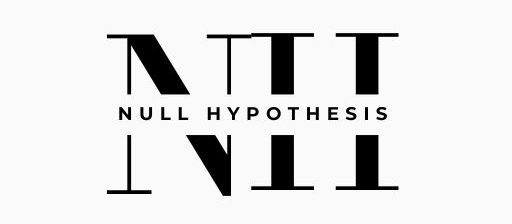- ‘Don’t fall for it’: Radhika Gupta of Edelweiss Mutual Funds on India’s ‘startup romance’
- MF Lite Framework: SEBI simplifies entry and compliance for passive mutual funds – Markets
- Is Janus Henderson Research D (JNRFX) a Strong Mutual Fund Pick Right Now?
- Mutual Funds in 2024: MF schemes gave more than 35% return, 5.13 crore folios added in one year
- Buy 3 Consumer Discretionary Mutual Funds With Increasing Retail Sales – December 18, 2024
Dear Liz: One subject I’ve never seen you address is the use of proprietary funds by financial advisors.
Bạn đang xem: Liz Weston: What are some downsides of investing in proprietary mutual funds?
We’ve taken over the finances of my in-laws, whose advisor put their money in a well-balanced portfolio, but all within a proprietary fund group. We are more or less stuck with continuing with their advisor because only certain agents can manage those funds. Also, getting out of the funds would require paying substantial capital gains.
Xem thêm : What Makes The Charles Schwab Corporation (SCHW) a Strong Investment Opportunity?
I am counseling my adult children as they make their investment choices to do as we have done and stick with funds that could be ported to other advisors or managed personally so they don’t get in a similar situation. Thoughts?
Answer: Proprietary mutual funds have enough potential disadvantages that people should do plenty of research before committing their money.
Brokerages and other financial institutions create their own proprietary or “house brand” funds to compete with the “name brand” or third-party funds managed by outside companies. But while a name-brand fund can be moved to another brokerage, a proprietary fund is typically just that — proprietary to the firm that created it, and not transferable. To get your money out, you would have to sell the proprietary fund and suffer any tax consequences.
Brokerages typically say that proprietary funds allow them to customize investments for their clients. That may be true, but proprietary funds also allow them to make more money, creating a conflict of interest.
Xem thêm : Top Mutual Fund Strategies for Smart Investors
Dear Liz: You recently wrote about home equity lines of credit and home equity loans. You might have mentioned that these are tax deductible under certain circumstances.
Answer: Yes, but the circumstances are increasingly rare.
Technically, the interest on a home equity loan or line of credit can be deductible when the money is used to improve your home. However, you must be able to itemize your deductions to take advantage of this write-off. Thanks to increases in the standard deduction, fewer than 10% of taxpayers itemize.
Liz Weston, Certified Financial Planner, is a personal finance columnist for NerdWallet. Questions may be sent to her at 3940 Laurel Canyon, No. 238, Studio City, CA 91604, or by using the “Contact” form at asklizweston.com.
Nguồn: https://nullhypothesis.cfd
Danh mục: News






